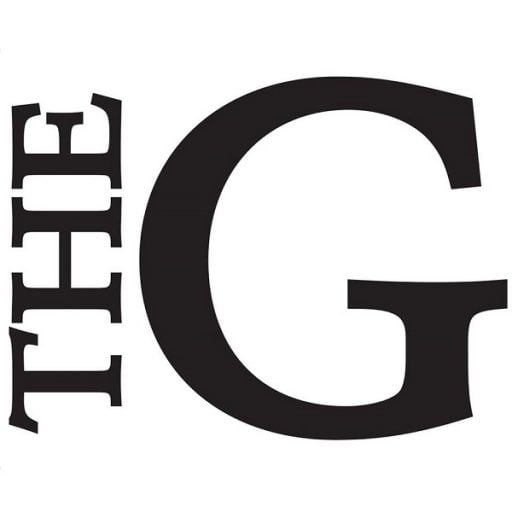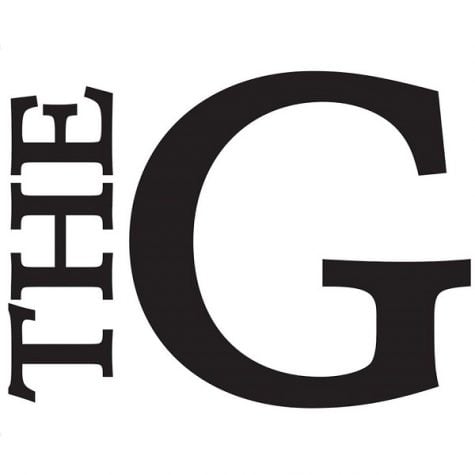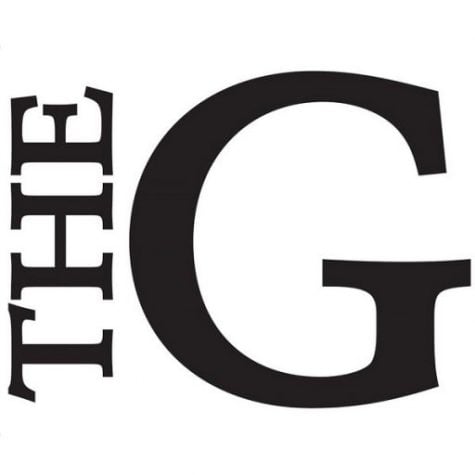Why women’s stories deserve to be heard, celebrated

It’s likely that most college students have seen an interview conducted by Barbara Walters, read a novel by Jane Austen or Toni Morrison or seen one of Viola Davis’s captivating performances on screen.
But how much do these women’s contributions really matter?
First observed in the U.S. in 1987, Women’s History Month recognizes women’s contributions to history and society. Every March, the National Women’s History Alliance decides upon a theme for the month. This year’s theme, “Celebrating Women Who Tell Our Stories,” is meant to recognize “women, past and present, who have been active in all forms of media and storytelling including print, radio, TV, stage, screen, blogs, podcasts, news, and social media.”
In our patriarchal society, female storytellers are often brushed aside.
A 2020 study of course readings at Washington University in St. Louis revealed a significant gap between the number of assigned texts written by male versus female authors.
According to a 2022 report by the Reuters Institute, out of a sample of 240 online and offline news outlets in 12 markets, only 21 percent of the 179 top editors were women, even though 40 percent of journalists in these markets were women.
And many have pointed out the gender discrimination in awards shows such as the Oscars, where female actors, writers and directors have been historically underrepresented.
In many ways, women have used stories, in various forms, to illuminate issues which would have otherwise gone unnoticed. Starting in 2017, journalists Megan Twohey and Jodi Kandor began to use their skills in investigative reporting to expose sexual predators who tried to use their power and influence to silence their victims. Their work ignited the #MeToo movement, which increased public awareness of sexual harrassment and sexual assault and allowed women the space to come forward and share their experiences.
Women’s stories can also uplift and empower, allowing us to see the world in new ways. Female characters are often one-dimensional, fit into certain stereotypes or serve mainly as support to male characters—the beautiful blonde girlfriend or caring wife. However, more honest representations of women—those with a full range of emotions and experiences, who don’t fit neatly into one box—can allow audiences to see themselves represented, and even to realize their full potential. This is why female writers, directors and actresses are so important—they can help to create stories that change the way society views women for the better.
We at the Guilfordian encourage you to recognize and celebrate the storytellers who amplify, validate and celebrate the richness of women’s experiences, not just during Women’s History Month, but every day.







